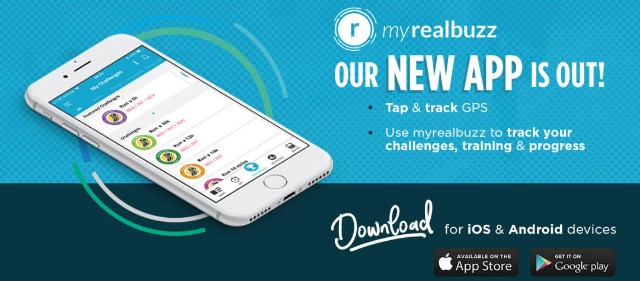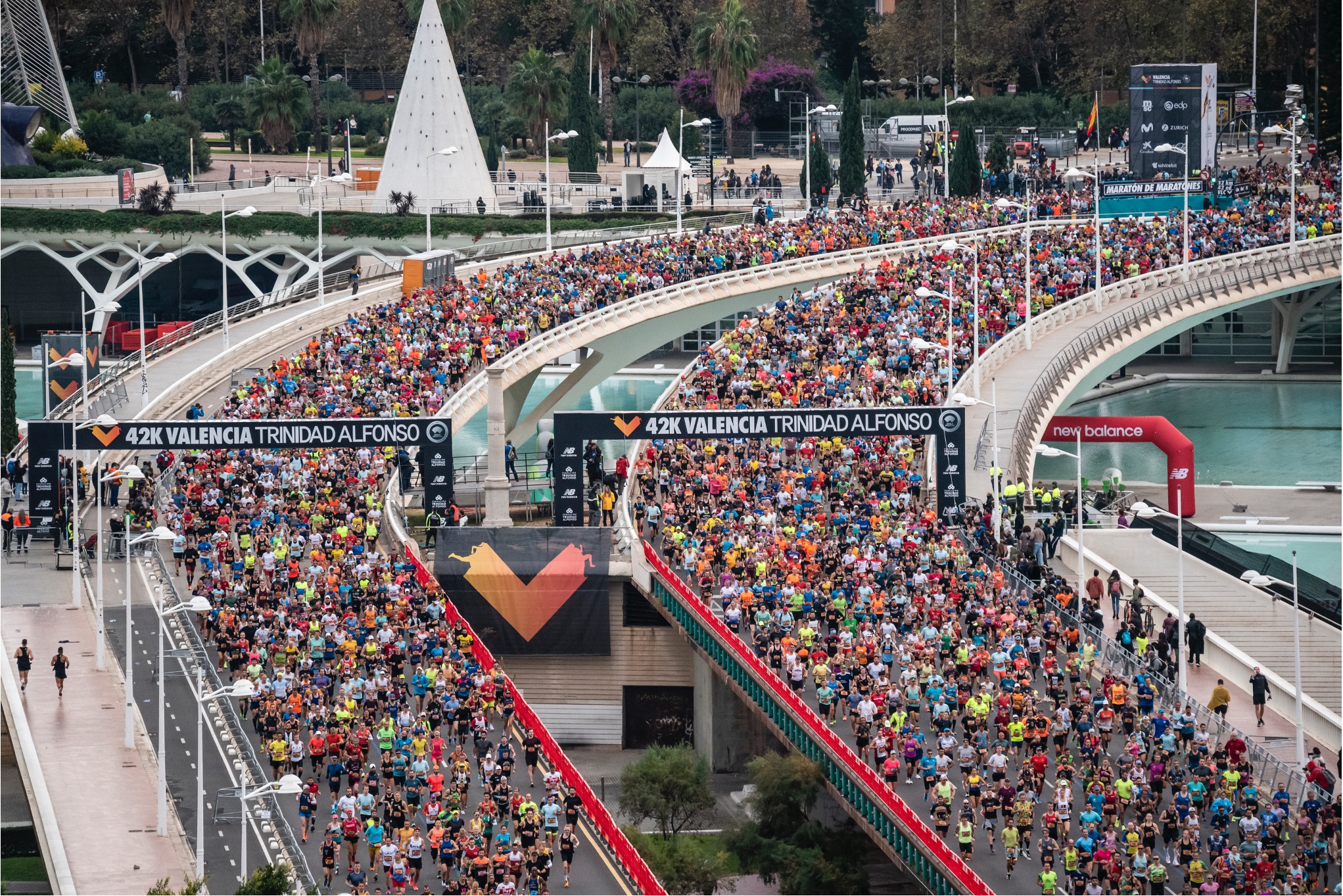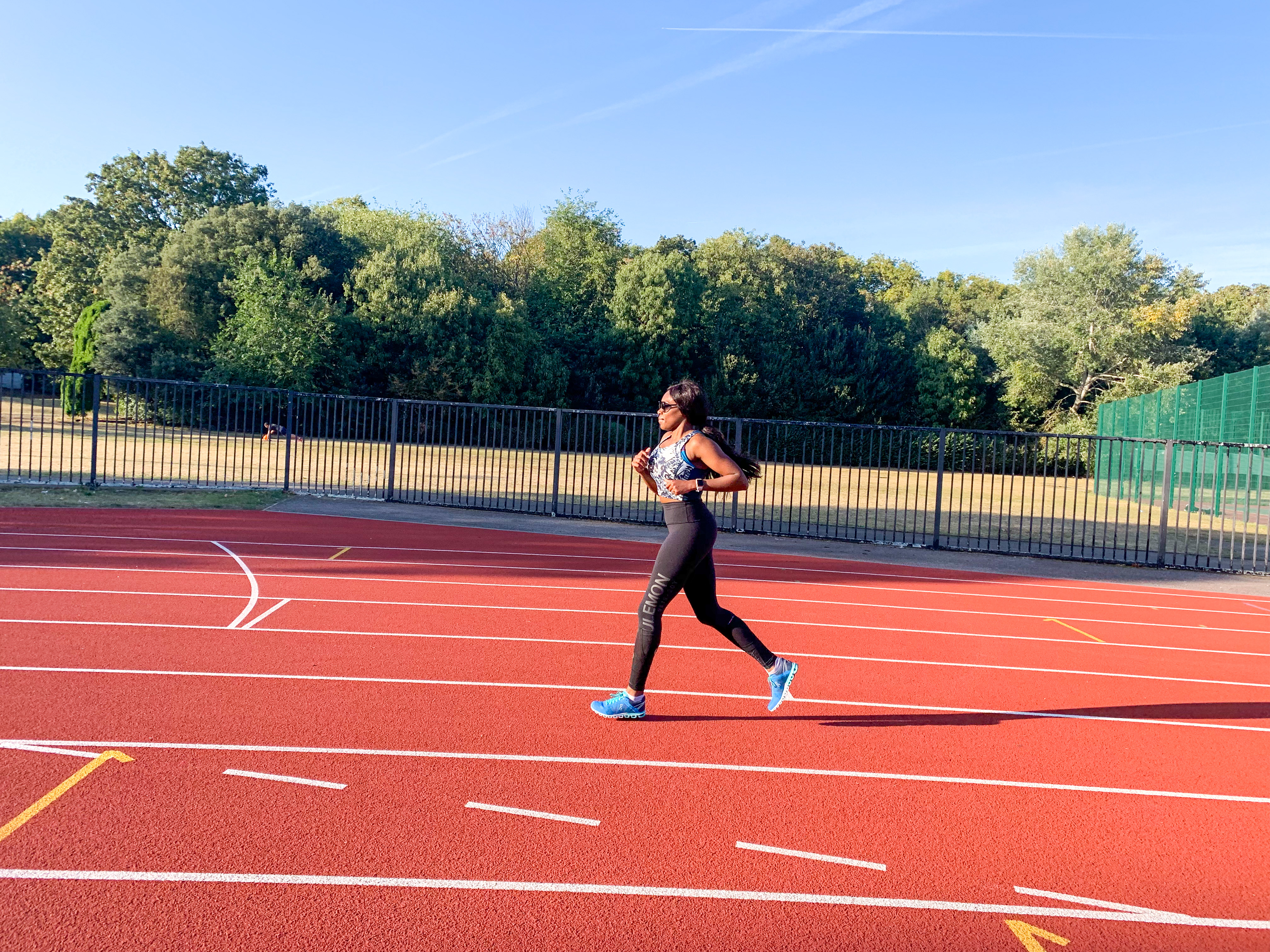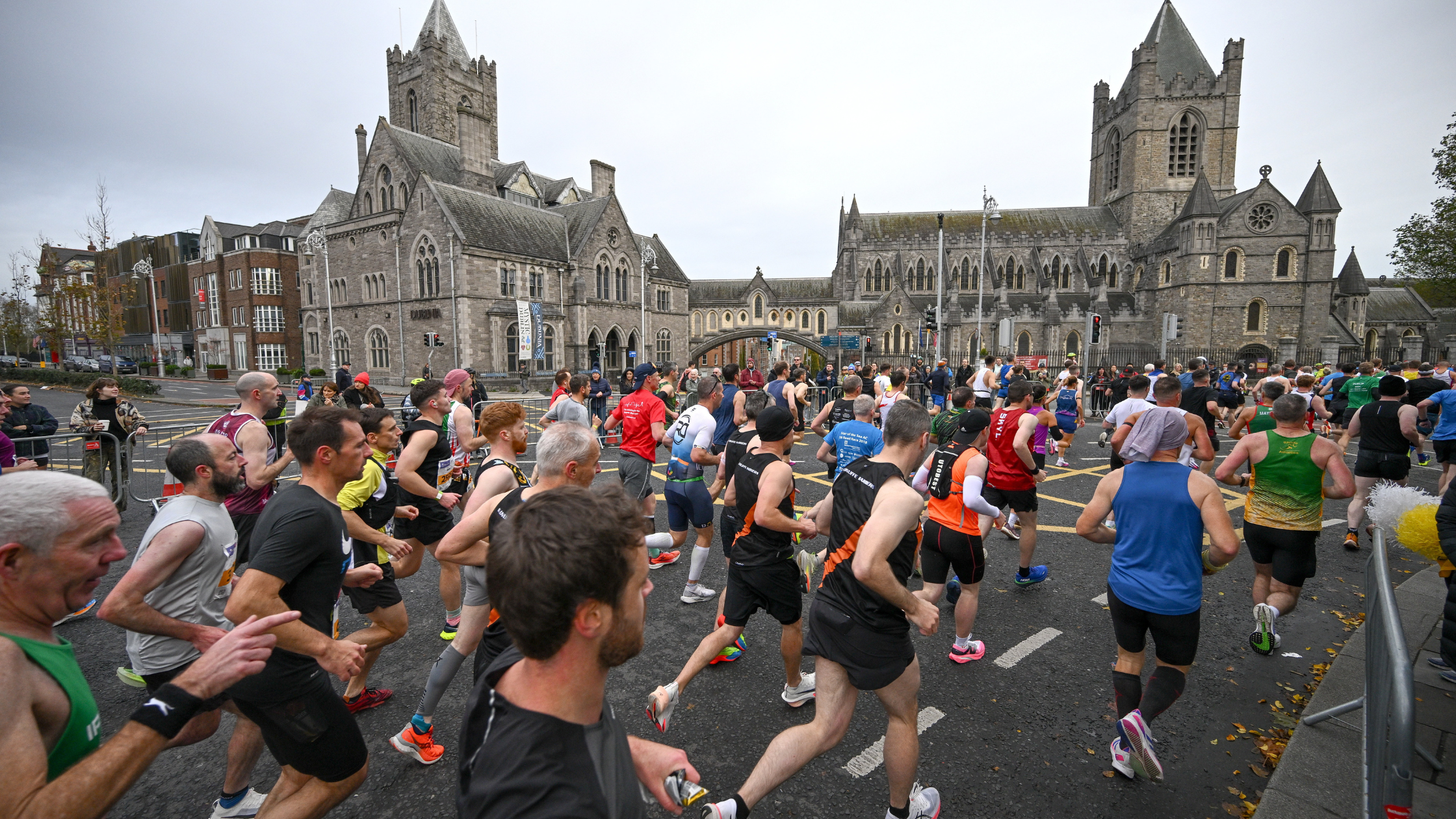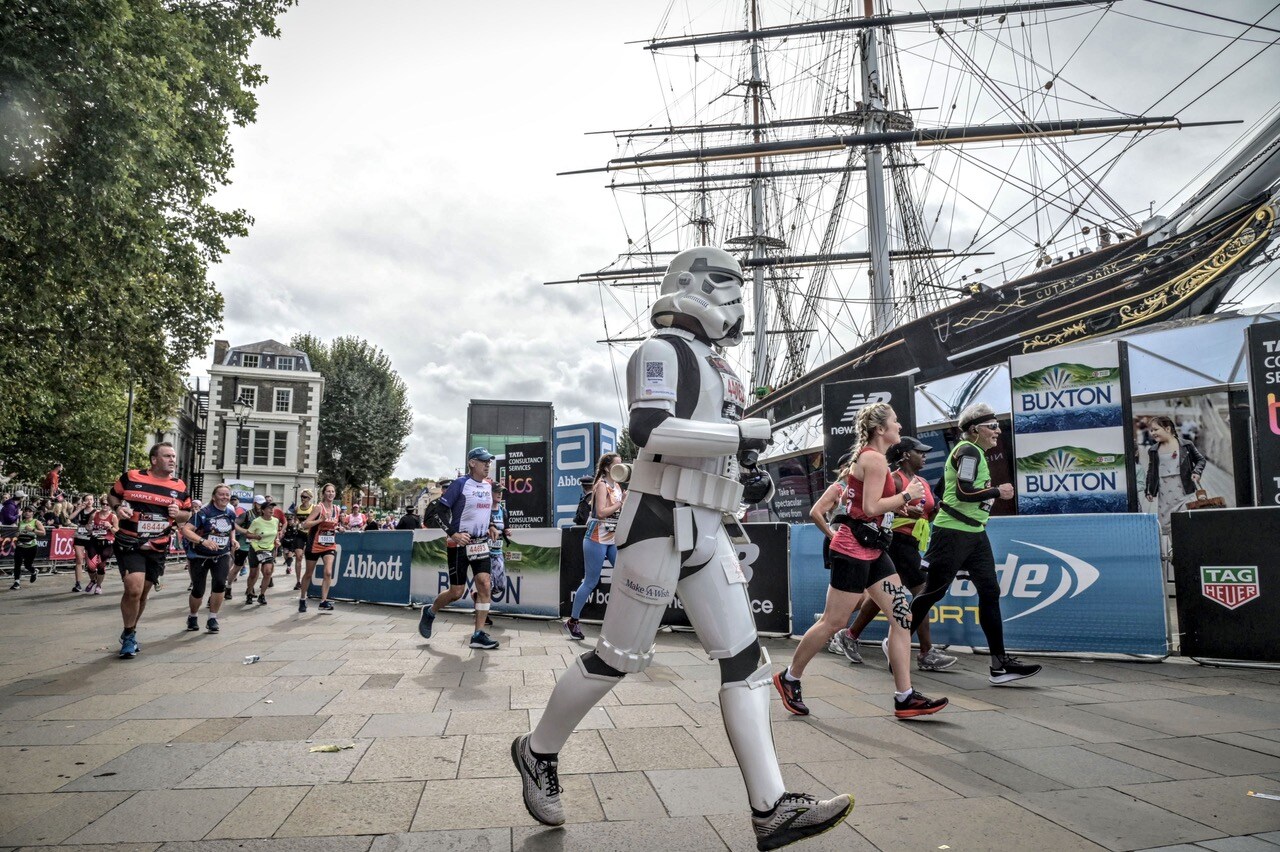Knowing what to eat can sometimes be complicated, so here are 7 troublesome foods and drinks runners should avoid at all costs:
What you eat and drink as a runner can mean the difference between a PB and a stomach-cramp filled running disaster. But what should be avoided, and why?
1. Energy drinks
Getting a quick boost from an energy drink such as Red Bull is certainly not the same as having a specially formulated isotonic sports drink, so it’s important that runners understand the difference. Whilst isotonic drinks help to replace the fluids and nutrients lost through exercise, energy drinks will only serve to hamper your run by dangerously increasing your heart rate, with the added downside of heaps of added sugar and reduced blood flow. According to a University of Wisconsin study, just one can of energy drink such as Red Bull increases your risk of heart damage, so stick to the real sports drinks next time you need a running boost.
2. Fried foods
Fried foods are often misconceived as being a potent energy source, and this can be the downfall of naïve runners. Fried foods are extremely high in fat, and not the good kind. Because of their high fat content these foods are extremely hard to digest, which leaves them sitting in your stomach for the duration of your run. That means instead of smashing through your PB , you’ll find yourself struggling along wondering why you’re feeling so sluggish all of a sudden. This sluggish feeling is a result of your body focussing on digesting the fatty foods you’ve eaten, rather than pumping blood to your heart and muscles.
3. Athlete endorsed products
You might associate foods promoted by star athletes with a healthy diet, but sadly you’d be completely wrong. Researchers from Harvard, Stanford, Duke and Yale found that of the 122 foods and drinks endorsed by athletes in 2010, 80 per cent of the foods were ‘energy dense and nutrient poor’, while 93 per cent of the drinks contained added sugar. This shocking statistic sadly shows that most athletes care more about the money they’re being paid than setting a good example for their fans, so be extremely careful if you buy a product with your favourite sports star on the packet.
4. Dairy
Do you suffer from stomach problems on every run and can’t work out why? Leading gastrointestinal specialist Mary Danilewitz conducted a study and found that the number one cause of stomach pains amongst runners is dairy products such as milk and cheese. This is because these foods contain lactose, which can be hard for certain people to digest. Intolerances like this might not become apparent until you start running, when the added strain on your body means digestion suffers. Luckily there are alternatives that won’t have you doubling over in pain every time you run, such as soy or almond milks.
5. Foods high in fibre
Although fibre is an extremely important aspect of anyone’s diet, including runners, it should be avoided wherever possible before running . That’s because fibre in the digestive tract produces gas, which in turn causes pain and bloating – not what you want when you’re trying to fit in a good training session. Go one step further with the fibre and it can even cause the infamous ‘runner’s trots’, which you definitely don’t want to experience (trust us). Make sure you stock up later in the day after you run though, as fibre is great for maintaining bowel health, lowering cholesterol levels, and controlling blood sugar levels.
6. Energy bars
Energy bars are high in protein , give you energy, and are easy to calorie count – what’s not to like? While protein is a key component of your day-to-day diet as a runner, it can mask deficiencies elsewhere in your eating habits. According to the American Dietic Association, runners who rely heavily on energy bars get more protein than they need, while skipping out on important carbs in their diet. Carbohydrates are a great energy source, and skipping them by cramming in high levels of protein will make you feel sluggish while you’re running.
7. Alcohol
A hard-earned post marathon beer is the right of every runner, but alcohol should be drunk in moderation for a multitude of reasons. One of the biggest downsides of alcohol for runners is its diuretic qualities. This means alcohol leads to dehydration, which in turn causes muscle cramps and muscle fatigue. If you’re running in hot or cold weather any alcohol in your system will also play havoc with how your body regulates its temperature. When it’s cold, you’ll lose heat more quickly than you normally would if there’s alcohol in your system, and if it’s hot your body will struggle to release enough heat.


